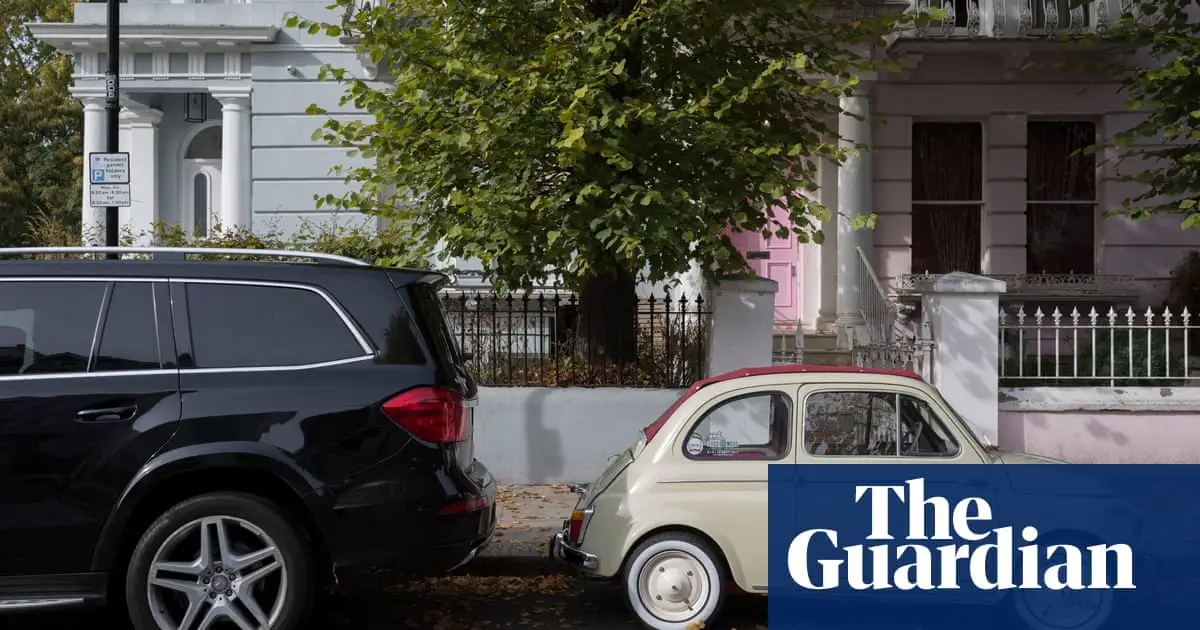How is this news? Yes, you need more energy to move a larger heavier object…Granted, the older engines might not be the most efficient but they weren’t that bad that you can compensate a weight increase of this magnitude!
No shit sherlock
I hear that billionaire’s private jets are worse than SUVs
Individually, sure, but there are a lot more SUVs. Enough that they account for more total emissions.
Seems obvious compared to smaller cars. How about compared to pickups? Those are probably worse?
Yeah, old pickups were gas guzzlers. But pickups as ordinary commuter cars are incredibly rare in the UK.
It’s a major problem that they’re mostly sold for that purpose in the US.
Old pickup trucks?
My first pickup - 1985 Nissan pickup (manual) averaged 25mpg.
My current 2022 Chevy 1500 company owned work truck gets 19mpg.
Of course the old Nissan weighed 2500 lbs. My Chevy work truck weighs in at 4400lbs.
So fuel efficiency per weight has increased, but the newer trucks larger size still sucks gas.
I still prefer the smaller trucks, so much easier to drive.
That Nissan is way better than a lot of pickups of its era. A typical 1985 F-150 configuration got something like 12-15mpg, and no configurations got better than 19mpg
Removed by mod
That it is massive means it needs to use more energy to accelerate. Choosing big vehicles where smaller ones will do is a real problem
Also wrong. A big car doesn’t have to be heavy. Especially in comparison with old cars. It’s all about how you drive a car not what car. That “study” is biased as fuck.
“doesn’t have to be” but in practice they in fact are. I wouldn’t call this a bias problem; it’s that people are making and selling and buying huge and inefficient vehicles.
Inefficient? A modern car no matter what size is always more efficient than a small car from the 90s. Just look at the euro emission standards.
A 1985 Honda Civic got 34mpg. A modern Ford F150 gets between 14 and 25
The newer engines are a lot more efficient, but in the US (and a lot of other places) that increased efficiency has been used to move a bigger heavier vehicle, rather than to cut overall fuel use.


